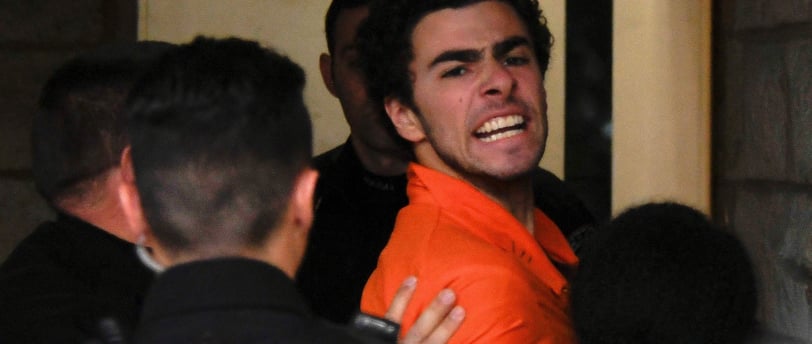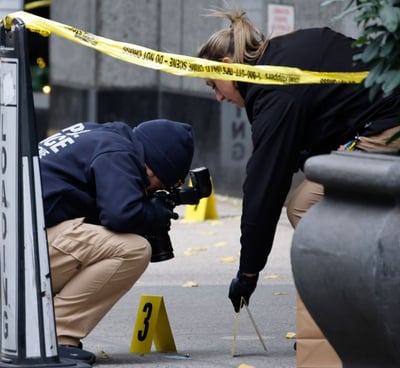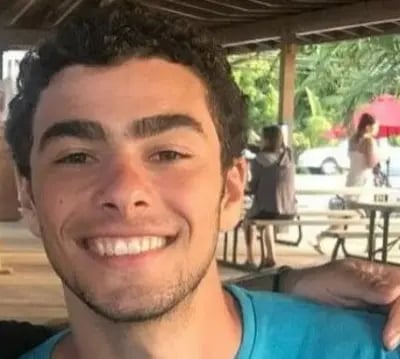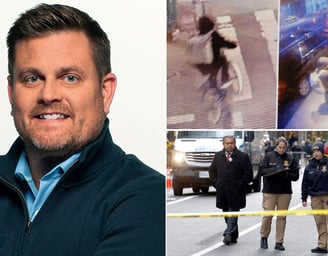Fatal Shooting of UnitedHealthcare CEO Sparks Debate and Controversy
The recent arrest of 26-year-old Luigi Mangione in connection with the murder of UnitedHealthcare CEO Brian Thompson has ignited significant public and social media discourse, reflecting broader frustrations with the healthcare industry. Thompson, 50, was fatally shot in the back outside the Hilton hotel in Midtown Manhattan during an investors' meeting for UnitedHealthcare, one of the largest medical insurance companies in the U.S.
NEWS
12/11/20242 min read


My post content
Police apprehended Mangione at a McDonald's in Altoona, Pennsylvania, roughly 280 miles from New York City, after he was recognized by a customer. Authorities revealed that Mangione was carrying a handwritten note detailing his "motivation and mindset," but specific details about its contents remain undisclosed.
Charges Against Mangione
Mangione faces several initial charges, including forgery, possession of firearms without a license, tampering with records, possession of instruments of crime, and providing false identification. A homicide charge is expected to follow, according to Pennsylvania authorities. During his arraignment, Mangione reportedly stopped cooperating with law enforcement.
Authorities described the killing as premeditated, citing the discovery of shell casings at the crime scene inscribed with the words “deny,” “defend,” and “depose.” These inscriptions appear to allude to the so-called "three Ds of insurance," a term used by critics to describe how insurance companies allegedly deny and delay claims while defending themselves from lawsuits—a practice that has left many policyholders feeling powerless and betrayed.
Public Reaction: Outrage, Indifference, and Conspiracy
The case has garnered polarized reactions online and in public forums. Many commenters expressed anger, not at the perpetrator, but at the healthcare system itself. UnitedHealthcare, in particular, has faced scrutiny over its profitability and alleged practices of claim denial. Social media discussions are rife with individuals sharing stories of rejected claims, exorbitant medical bills, and systemic inequities in healthcare access.








Personal Perspective
Personally, I share the sentiment that this case might not be as straightforward as it seems. While the evidence against Mangione exists, the lack of public confirmation and his refusal to cooperate raises questions. The possibility that the arrest is part of a broader strategy to gather information cannot be ignored. Furthermore, the widespread anger at UnitedHealthcare and similar corporations may explain why many feel indifferent about Thompson's death.
This case sheds light on a deeper issue: the intersection of corporate greed and public frustration. The healthcare industry, as it stands, often leaves people feeling abandoned in their moments of greatest need. Whether or not Mangione is the perpetrator, this tragedy serves as a reminder of the urgent need for systemic reform.
Conclusion
The murder of Brian Thompson and the arrest of Luigi Mangione have sparked national conversations not only about justice but also about the broader failings of America’s healthcare system. The frustration felt by millions over denied claims and corporate profiteering has created a climate where sympathy for the victim is scarce. This case, tragic as it is, may ultimately force both the public and policymakers to confront the deeper issues at play in the country’s healthcare system.
